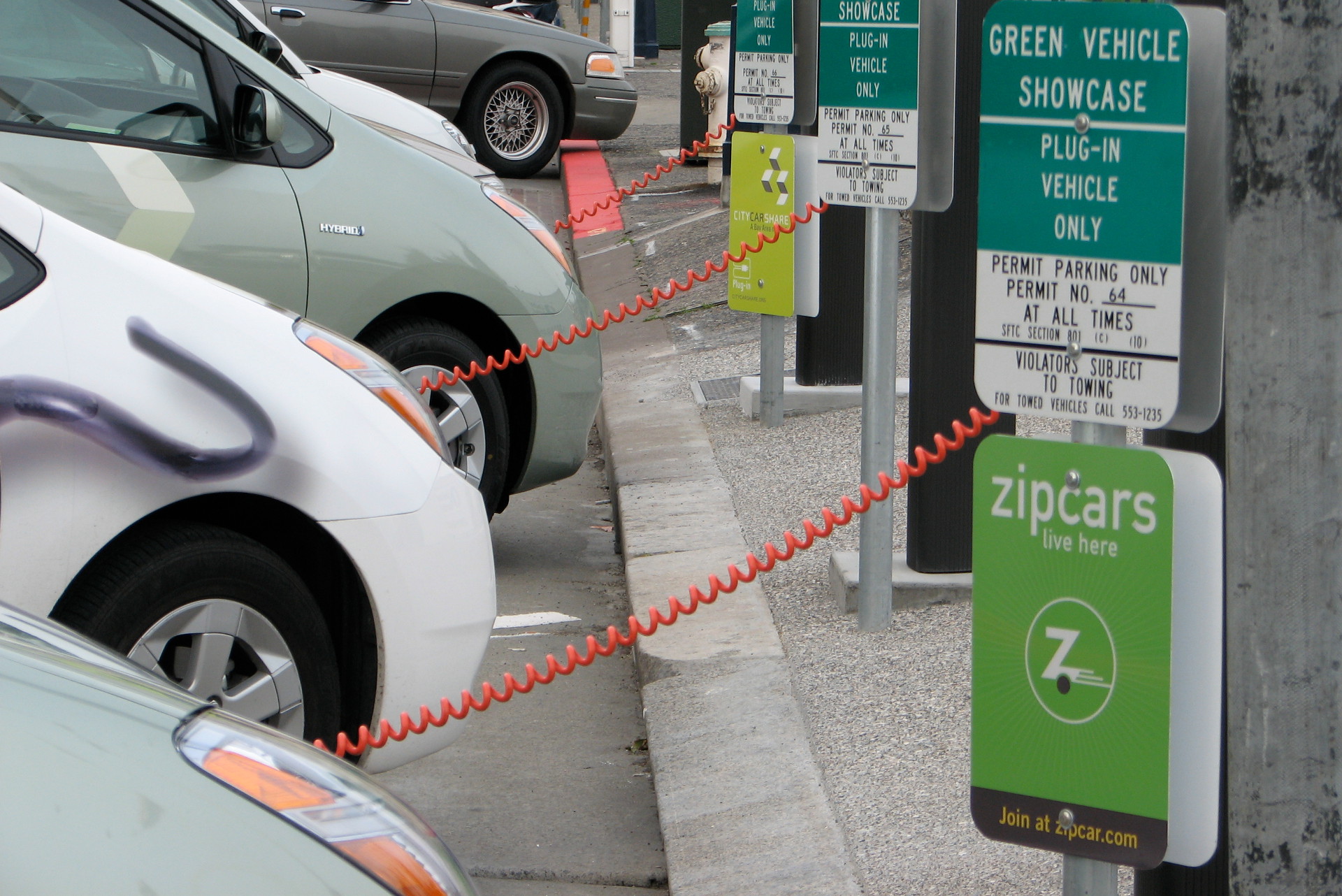Introduction
The ambitious targets in the United Kingdom for increasing the share of renewable energy sources integrated to the network,
and the need for providing affordable, resilient and clean energy, call for a paradigm shift in energy systems operations.
Electric vehicles offer the means to address these challenges and achieve uninterrupted operation by deferring their demand
in time and acting as dynamic storage devices. Their number is expected to increase rapidly over the next years,
leading to a green car revolution.
This constitutes an opportunity for modernizing energy systems operation, but will unavoidably
give rise to coordination and scheduling issues at a population level so that cost savings are achieved and reliability is ensured.
The latter is of significant importance to prevent from undesirable disruptions of service.
Methodology
This project will address this problem using tools at the intersection of control theory, optimization and machine learning, allowing
for a decentralized computation of the electric vehicle charging strategies, while preventing vehicles from sharing information about
their local utility functions and consumption patterns that is considered to be private.
Outcomes
We will develop algorithms capable of dealing
both with cooperative and non-cooperative vehicle behaviours in large fleets of vehicles, and immunize the resulting strategies against
uncertainty due to unpredictability in the vehicles' driving behaviour and due to the presence of renewable energy sources. The presence
of an algorithmic tool with these features will allow for scalable charging solutions amenable to problems of practical relevance, will
provide insight on the mechanism driving the response of large populations of electric vehicles, and embed robustness in the resulting
charging schedules. As such, the project will offer the means for reliable system operation and facilitate the integration of
higher shares of renewable energy sources.




